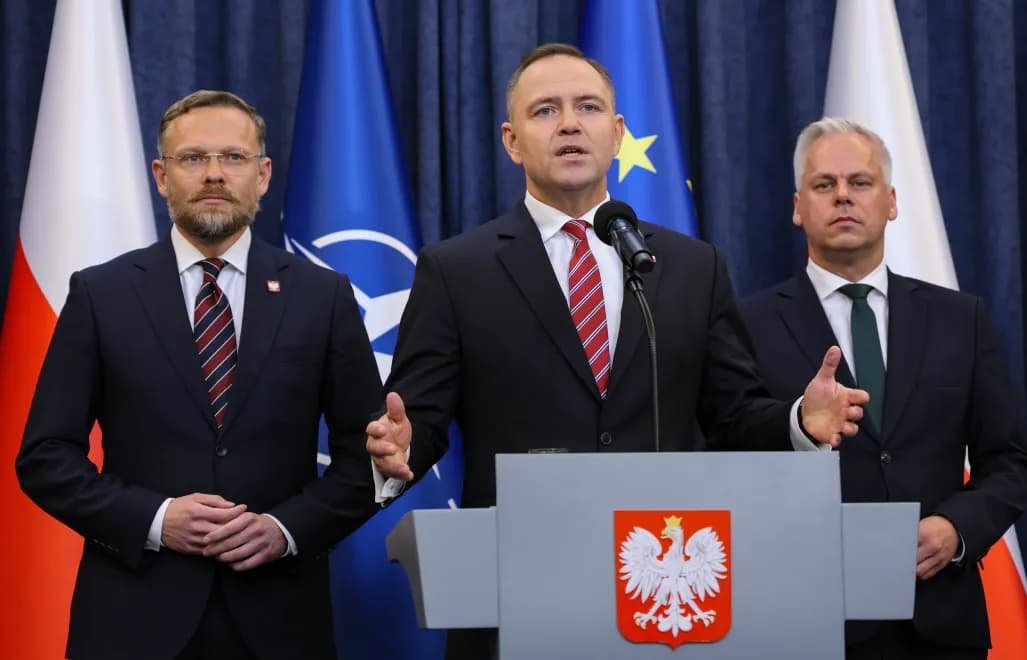Polish President Karol Nawrocki has vetoed a key law intended to extend state support for Ukrainian refugees, prompting serious concerns over the future of financial aid and even internet connectivity vital to Ukraine’s war effort. The now-blocked legislation contained provisions to maintain social benefits, specifically the widely used “800 Plus” monthly child allowance and free healthcare for Ukrainians in Poland. By contrast, President Nawrocki insists these benefits should only be available to those actively engaged in the workforce, a stance he frames as necessary to uphold “social justice” and prioritize Polish citizens’ interests.
A critical implication of the veto is its effect on funding for Ukraine’s Starlink satellite internet service, partially financed by Poland. Deputy Prime Minister Krzysztof Gawkowski warned that without new legislation, payments supporting Starlink will cease on October 1, effectively cutting off a vital communications lifeline for Ukrainian military and civilian networks.
President Nawrocki, a nationalist-aligned figure who narrowly won this year’s presidential election, argues that Poland’s strategic position remains aligned against Russia but that changes in public sentiment and fiscal capacity justify a correction in how refugee support is administered. He maintains that generosity must be balanced with fairness toward Polish citizens.
In addition to revisiting welfare access, Nawrocki proposes drafting new legislation within two weeks that would also criminalize the promotion of “Banderism” the ideological legacy of Ukrainian nationalist Stepan Bandera—equating it legally with Nazism and Soviet Communism.
The Tusk government, leading Poland’s coalition, faces mounting pressure. Though the veto can be overturned by a parliamentary supermajority, the ruling coalition currently lacks the needed 3/5 support to push the original bill through without compromise.





